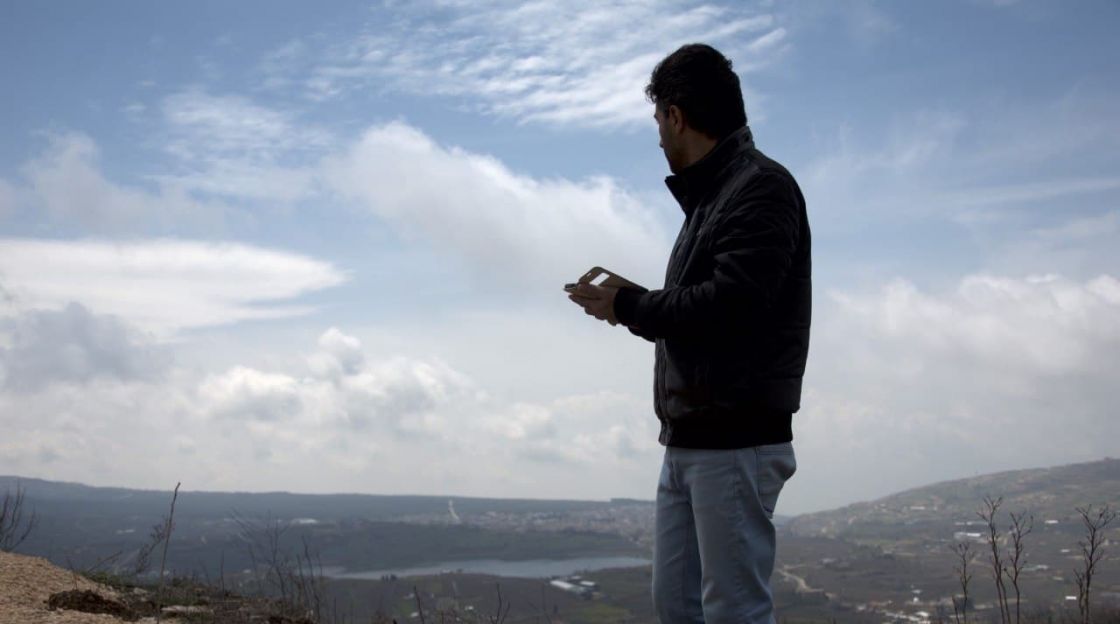- Editorials
- Posted
The Price that “Israel” Will Pay
Some reduce the destructive role played by the Zionist entity in Syria to the air attacks, which have increased in frequency since the crisis broke out in 2011 and have drastically increased in intensity since around 2018.
The reality is that the Zionist role is greater than and beyond air strikes, and even beyond talking about agents of influence working within the various sides to the Syrian conflict, as the beginning of the sabotage role was much earlier than that. The presence of an entity that is an aggressive enemy at the borders, occupying part of the land, and has aspirations for expansion, has greatly and continuously damaged growth and development, and has for decades depleted massive economic resources. This has included the amplification of the role of the military and security institutions, which started as an objective response to a peril, then turned, over time and with the ongoing state of emergency, into a tool and a pretext for political oppression, silencing of freedoms, and mounting levels of plundering and corruption.
In short, the presence of the Zionist entity on our borders was one of the deeper reasons for the eruption of the crisis in 2011. This does not in any way diminish the responsibility of thieves and those with influence within the state apparatus, and those who used the slogan “no sound rises above the sound of battle” not for the sake of the battle, but rather a stick they held over people’s heads in case they dared to think about demanding their rights.
What can be seen unmistakably these days is the rise of Zionist activity with regards to Syria to a frenzied level; not only through air strikes, but through agents and proposals outside the parameters of UNSC Resolution 2254, from the different sides and through different platforms.
If some read this behavior narrowly being limited to an “Iranian-Israeli” conflict, then they are gravely mistaken. The issue is immeasurably beyond that, and the key to understanding it is the following fact: “Israel” was never anything other than an extension of Western influence; it arose in our region within a specific international balance and under the protection of a nuclear bomb. Today, the world is experiencing a great and historic shift in the international balance of powers, according to which the West and its global project are retreating, and the Zionist entity becomes under a great existential threat (it is sufficient to follow the entity’s own research centers to see the extent of the panic it is experiencing, away from the amusing theatrics of normalization with countries that have normalized decades ago).
The full implementation of 2254, in essence, means translating the new international balance in our region from a reality that everyone knows, acknowledged by some and denied by others, into a tangible reality with its direct political dimension. It also implies that the UN resolutions will be implemented, the two main ones of which are Resolutions 242 and 338. This transformation means the end of the balance on which the Zionist entity project was founded in Palestine.
In this sense, what should be abundantly clear is that a real solution to the Syrian crisis, and an actual exit therefrom, cannot be achieved without taking back the occupied Syrian Golan and without ending the expansionist tendencies of the Zionist entity. That is, the full implementation of 2254 including all that it stipulates with regards to respecting Syria’s unity and sovereignty and putting an end to the deep causes of the crisis, this really implies taking back the occupied Syrian Golan.
The Zionist fury that we are seeing today, in various and very diverse expressions, is an expression of a deep understanding of the above facts. It remains for us to tell those who are betting on the Zionist entity’s share of the solution in Syria, that they must know that the entity’s share will be the full and uncompromised return of the occupied Syrian Golan according to Resolution 242, and the share of those betting on the entity, whoever they are, is losing the prospects for any political future in Syrian.


